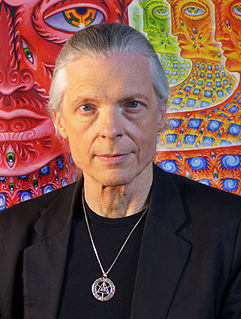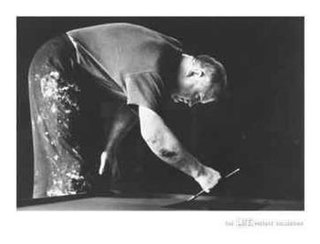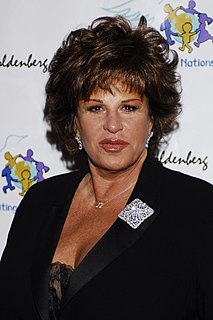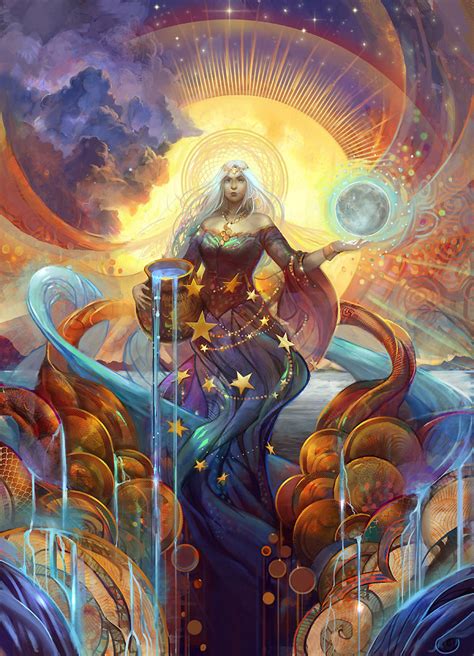A Quote by Jack White
I don't think there is room for 'artistic temperament.' Professional artists understand art is a business. If businesses ran their companies like many artists do their careers, they would not stay open a year.
Related Quotes
The artistic temperament is a disease that affects amateurs. Artists of a large and wholesome vitality get rid of their art easily, as they breathe easily or perspire easily. But in artists of less force, the thing becomes a pressure, and produces a definite pain, which is called the artistic temperament.
Companies like Spotify, the new Apple service, and all the others are really going to have to pay artists more. And I think it's a matter of time; I think a lot of these companies and the individuals that are involved in them realize that as well. They know that artists are not getting what they should be getting.
Artists look at the environment, and the best artists correctly diagnose the problem. I'm not saying artists can't be leaders, but that's not the job of art, to lead. Bob Marley, Nina Simone, Harry Belafonte - there are artists all through history who have become leaders, but that was already in them, nothing to do with their art.
I'd seen all the great entertainers by the time I was 14 or 15. My mother was artistic. My father was a bookmaker, so he had access to all those nightclubs, and he was smitten by certain artists, and we would go see them. We'd see comics like Sid Caesar and Milton Berle - those kind of artists - many of whom I worked with later in my life.
I've watched so many women, from Kathleen Hanna all the way up to Taylor Swift, whether they're pop artists or rock stars or fine artists or writers, it is the subhistory of female artists that if you're going to make art, you're also going to have a full-time job of defending your right to make art.
I spent much of my college life prepping for other careers, but I was always drawing and painting whenever I had free time. Eventually, thanks to the internet, I started noticing that there were such things as art schools, and professional artists, and people making a living doing a variety of types of art.




































